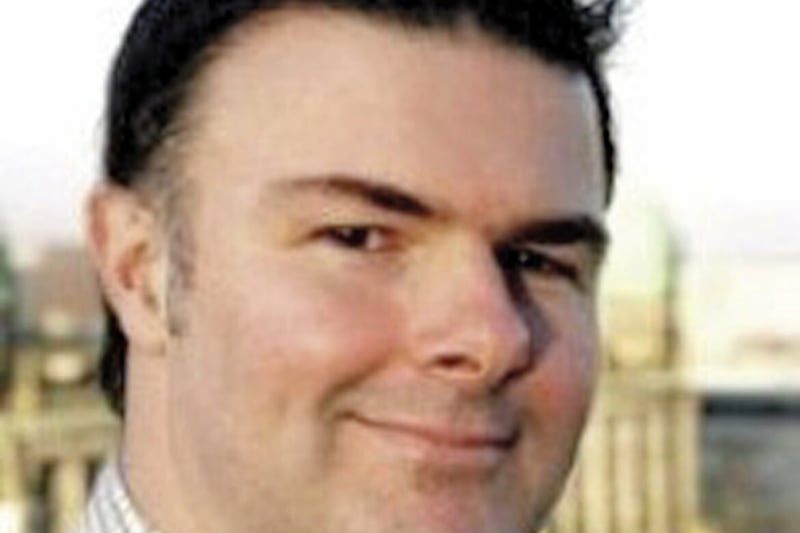THE National Lottery is probably the most obvious example of this. One day you are an ‘ordinary Joe’, carefully planning out your bill payments, maybe worried about the mortgage.
The next you are a millionaire, without a monetary care in the world. Instant success.
Movies promote that life changing moment. Right time, right place, bet it all on the turn of a wheel and win big.
The media would have you believe that the latest band on the scene came from nowhere. And on it goes.
Social media has eroded our concentration span. We refresh the screen every two or three seconds, virtually unconsciously, using muscle memory, looking for our bite sized chunk of update.
We rarely listen to full albums any more, the way many bands intended us to. We throw on greatest hits or playlists instead.
Read a book? Sure, why would you when Wikipedia can give you the plot in one page, or at least all the good quotes.
It’s the same in the workplace. We can get drawn into the trap of thinking that instant success is normal, that rewards just appear. And that can be from the people doing the work, the people managing those doing the work, or both.
Unfortunately, success in real life doesn’t really happen like that. It’s typically incremental. It requires a solid base, carefully curated and built up across a period of time.
It needs robust, solid foundations, such that (as Heaney put it), ‘we may let the scaffold fall’.
Sales people don’t really do one cold call and get big contracts the next day.
There is a lot of groundwork first: understanding the product, creating your database of leads, structuring your approach, attending industry events, cold calling, seeking introductions, holding meetings, providing demos, call backs, chasing up, negotiation, agreeing contracts etc.
In manufacturing, customers and consumers see the end products that have just appeared on the market.
Maybe they are the latest craze and so get attributed to overnight success. Whether it’s the latest energy drink, electronic device or toy.
What customers and consumers don’t see is the development, the prototypes, the testing, the sourcing, the legals, the recruitment, the logistics, the marketing, the sales and so on that happened to get the product to that space.
Overnight success happens much more slowly in reality.
And that’s just fine. We need understand and accept that. We need to have a sense of reality at work about success. It takes, dedication, talent, effort, industry, team work, pain, failure, readjustments, planning and sometimes even a little luck.
It’s the same with careers. Daniel Craig and Harrison Ford were not overnight Hollywood superstars. They obviously got their big break at some point, however they had spent years previously learning their trade before success came.
Ronaldo and Messi didn’t just walk into the Sporting or Barcelona first teams off the street.
They spent years honing their fitness and technique in academies and youth teams first.
Carlos Alcaraz, wow, where did he come from? From years and years of coaching, dedication, planning and practice, that’s where.
What many ‘overnight successes’ had in common were focus, planning and dedication. They knew where they wanted to go, they mapped out what they needed to learn, what experience was required and went out and actioned it.
They knew that taking the next (big) step to success may be daunting, but they made sure they had solid foundations to work from.
Jumping at every promotion or leapfrogging between companies can catch up with you at some point if you don’t have the skills and experience you need to be successful in your new role.
Rather than leap at the first thing offered it’s better mapping out what success means for you and having a measured plan to achieve that. Some folks will move faster, some slower, but the successful ones will have a strategy.
Laying good foundations takes a little time, but it means that once a system, a framework or process is in place it’s much easier to ramp up production, or pivot onto something new.
It’s easier to make changes, react to demand or adjust as you go when you know the fundamentals are right. It’s easier to take on a promotion, a next level role or move to a bigger company once you have experience and a relevant skillset to rely on.
And here’s the key: there is no big secret, no silver bullet, or Deus ex machina.
It takes graft, it takes effort and thought. But the rewards are more often than not sustainable doing it that way. The success lasts. It’s repeatable. It’s growable. All it takes is just a little patience.
:: Barry Shannon is head of HR at STATSports







